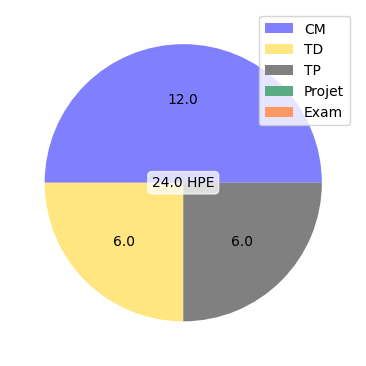Systèmes Complexes
Physics of Complex Systems
Description: The physics of complex systems explores emergent behaviors and collective properties arising from the interaction of a large number of dynamical systems, agents, or components. This course offers an in-depth introduction to the field, with a focus on theory and dynamics, emergent phenomena, synchronization concepts, epidemic processes on networks, and the exploitation of network behavior for analog computing and machine learning.
Bibliography:
- Ref. [1] : A.-L. Barabasi, Network Science, Cambridge University Press (2016)
- Ref. [2] : P. Fieguth, An Introduction to Complex Systems, Springer, 2nd Ed. (2020)
Learning outcomes: By the end of the course, students will be able to: AA1: Define, explain, and identify application cases of the main concepts in the physics of complex systems – AA2: Analyze critical phenomena such as phase transitions – AA3: Model and analyze interacting systems in various fields using network physics and numerical simulation – AA4: Model, analyze, and simulate synchronization phenomena and epidemic processes – AA5: Leverage collective dynamics for analog computing and physical machine learning
Evaluation methods: Mini project
Evaluated skills:
- Physical Modeling
- Data Processing
Course supervisor:
- Damien Rontani
Geode ID: SPM-PHY-008
